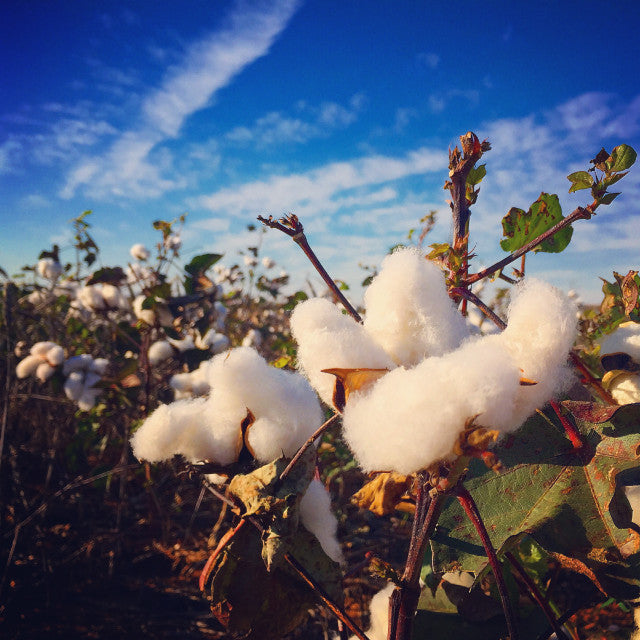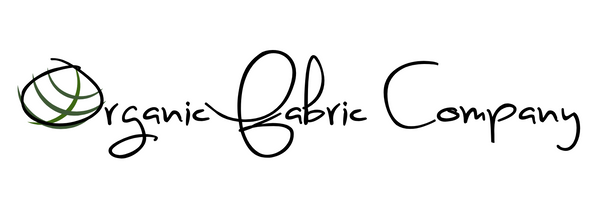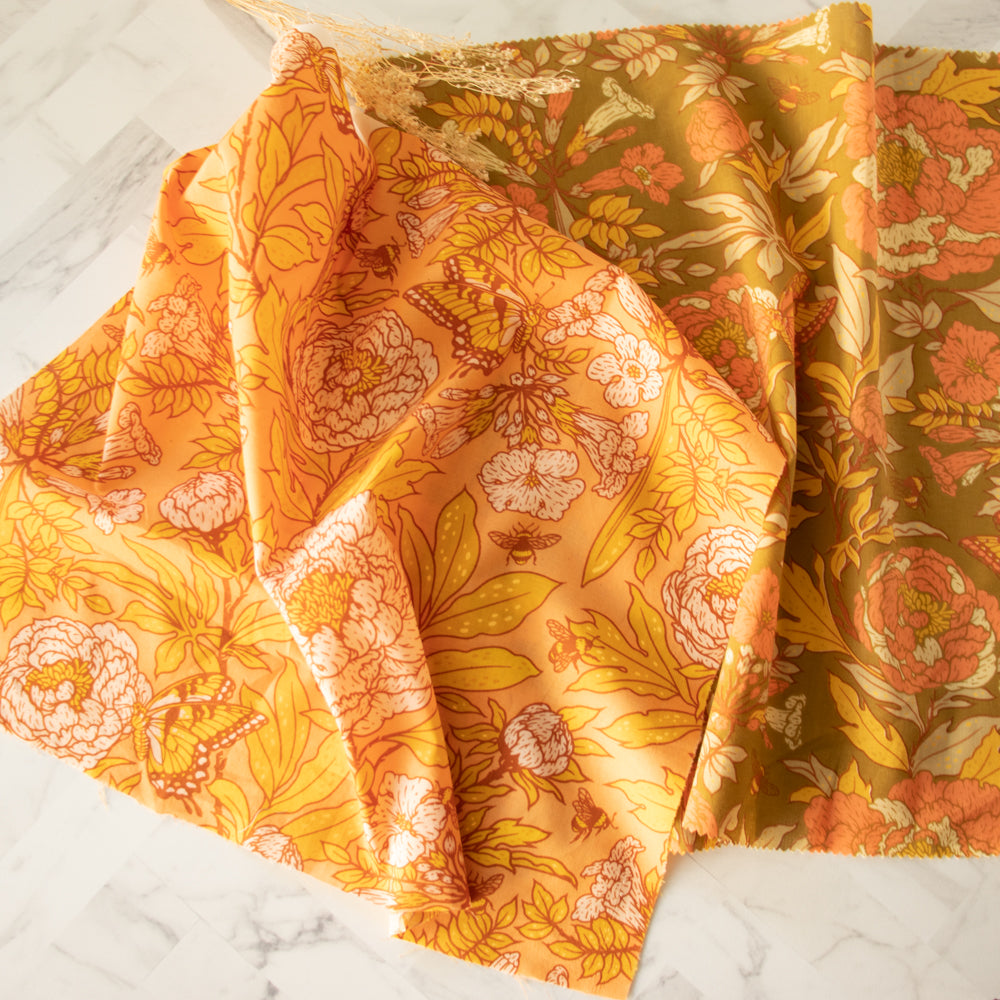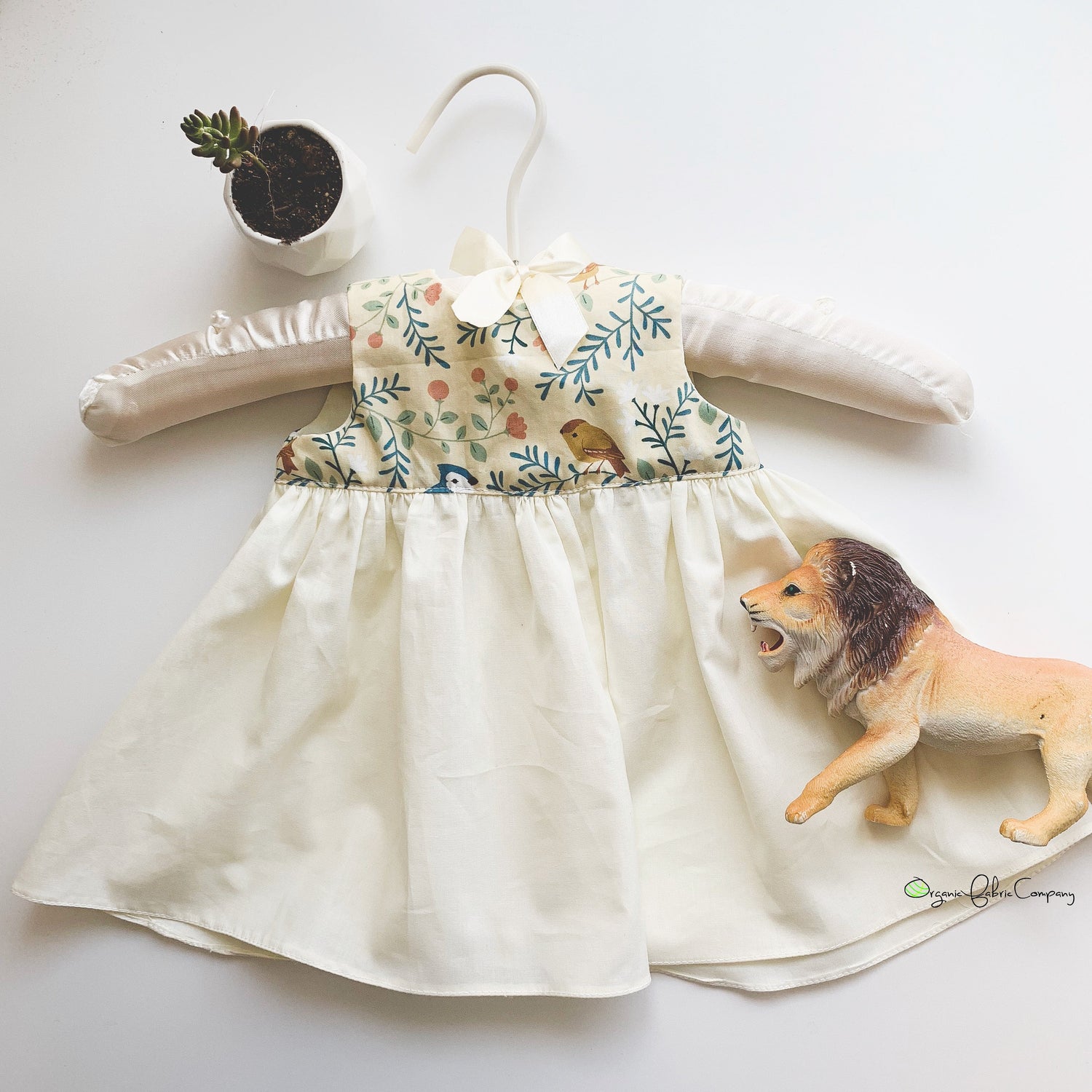
Organic Cotton vs Conventional Cotton: Does it Really Matter?
Hello Friends!
Gaby here. I recently read this article on the importance of organic cotton. Please take the time to read it as it has a wealth of information while being short and concise.
I wanted to share a few of the major reasons that we decided to only sell organic products when we opened our shop in 2016.

- Using organically grown cotton--especially GOTS certified cotton--has less negative impact on the environment. Did you know that GOTS organic certification is not just about the cotton itself, but covers the cotton fabric chain from seed to consumer. There are regulations on the growing, cultivation, processing, dyeing, manufacturing, labor work, etc.
- Certified organic cotton products use low-impact dyes. What does this mean? Low-impact dyes are better than their conventional and vegetable based counterparts for many reasons, but the largest reasons are the absence of heavy metals and toxins as well as the fact that low-impact dyes use less water and allow for the water used to be recycled and re-used. This helps combat industrial run-off.
- Organic crops are not treated with the harmful synthetic pesticides, herbicides, and insecticides that their conventional counterparts are doused in. Not only do many of these chemicals remain within the fibers as they find their home with the end consumer, but these chemicals also destroy eco-systems, poison farmers and factory workers, but also destroy the soil, making it more difficult to grow future crops in a natural manner.

- Conventional cotton uses approximately 25% of the world's insecticides--this is more than any other crop in the world, including GMO corn! It also uses 10% of the world's pesticides.
- According to the World Health Organization, over 20,000 deaths are reported from pesticide poisoning and over 10,000 farmers die from cancers related to them.
It's essential that we shift the market. The best way to change the way that cotton is grown and manufactured is to support organic products. The large companies care about their bottom line and as the market demand shifts, the products will follow.

Want to learn more? Here is another article on organic cotton by the OTA.





